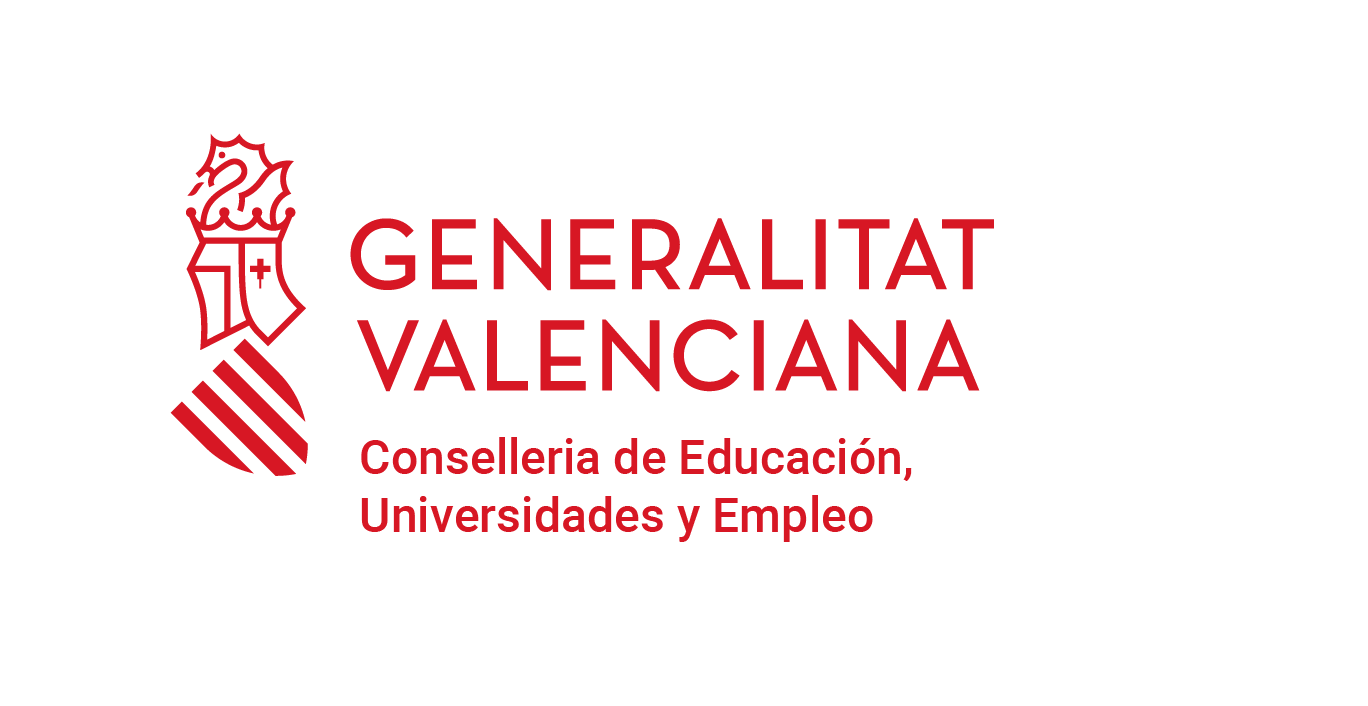On this occasion, the slogan of the 7th Iberian Encounter of Science and Technology Parks was "adoption of the business cooperation strategy to manage future community funds". For this reason, forthcoming European aid programmes were analysed during the encounter, and special attention was paid to Horizon 2020 and the Regional Intelligent Specialisation Strategies (RIS3), which allow advances to be made in financing opportunities via community funds and the promotion of collaboration of Spanish and Portuguese Science and Technology Parks in European projects.
During this encounter, various activities were carried out, including speeches, round tables, examining practical cases and free networking.
During the opening ceremony, Maria Luisa Castaño, the General Director of Innovation and Competitiveness of the Spanish Ministry of Economy and Competitiveness (MINECO) took part, who congratulated the Spanish and Portuguese Parks for their initiative of forming this Alliance between the two Spanish and Portugese Park Associations, for their decision to promote the internationalization of their firms and, finally, for associating the park concept with the RIS3 design.
Jaime del Castillo, President of the firm Información y Desarrollo S.L. (INFYDE), gave a talk about the parks’ role as instruments of support to the specialisation and diversification relating to RIS3 as a preliminary condition for Cohesion Funds. During his talk, he used examples to explain the terminology being used to design RIS3; for example, the KETs technologies, intelligent specialisation and related diversity. Similarly, the INFYDE President stressed the relation between the GDP per capita and investments in R&D and demonstrated that those countries which invest more in R&D obtain more wealth. This fact presently becomes quite important, thus access to structural funds is a necessity, and the parks have to work with regions to develop RIS3 as an exante condition to access these funds.
The Iberian Encounters have been held since 2002 and are one the activities that the Spanish and Portugese Parks associations carry out as part of the agreement signed between both the institutions to promote the innovation and internationalisation of Science and Technology Parks in the Iberian Peninsula.




